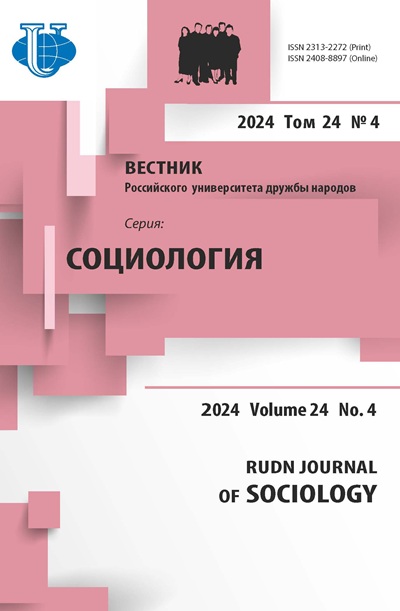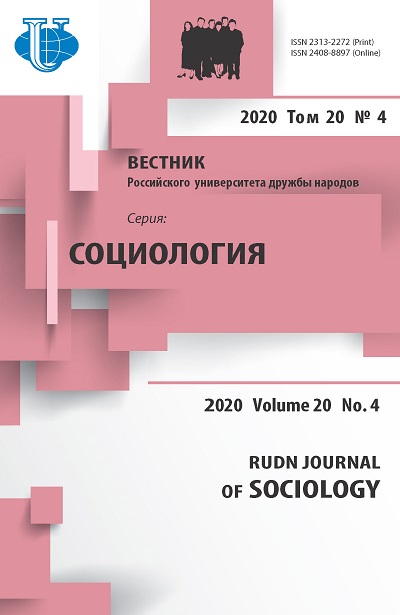Abstract
Abstact. The article considers consumerism as embracing virtually all areas of social life and creating persistent structural algorithms of consumption, which are efficiently integrated by the market into contemporary societal systems. By exploiting and distorting the true humanistic principles, commercialization of social structure, which is determined by the market relations liberalization, raises capitalist values to the highest rank of the axiological hierarchy and contributes to strengthening of social and individual consumerism. The article emphasizes significance and consequences of the commodity world’s ‘dazzle’, because dominant consumer values acquired the status of global social trends that determine the structural-essential elements of socialization. Contemporary advertising technologies based on behavioral concepts expand limits of consuming goods and services and successfully form customer needs by verbal and non-verbal semantic speculations that support the desire to consume. The author emphasizes that today the commodity consumption is not just purchase and use of goods but rather a commercial ‘ritual’ designed by marketers to make people follow certain consumer standards regardless of their social-economic status. The consequences of the internalized consumerism are obvious: first, consumerism contributes to the transformation of personal communication by making goods and services mediators of relationships; second, the permanent development of consumer values contributes to axiological transformations, especially to commodification of the moral component of social reality.














